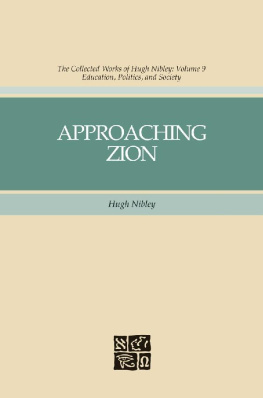Chris Hani
OHIO SHORT HISTORIES OF AFRICA
This series of Ohio Short Histories of Africa is meant for those who are looking for a brief but lively introduction to a wide range of topics in African history, politics, and biography, written by some of the leading experts in their fields.
Steve Biko
by Lindy Wilson
Spear of the Nation (Umkhonto weSizwe): South Africas Liberation Army, 1960s1990s
by Janet Cherry
Epidemics: The Story of South Africas Five Most Lethal Human Diseases
by Howard Phillips
South Africas Struggle for Human Rights
by Saul Dubow
San Rock Art
by J.D. Lewis-Williams
Ingrid Jonker: Poet under Apartheid
by Louise Viljoen
The ANC Youth League
by Clive Glaser
Govan Mbeki
by Colin Bundy
The Idea of the ANC
by Anthony Butler
Emperor Haile Selassie
by Bereket Habte Selassie
Thomas Sankara: An African Revolutionary
by Ernest Harsch
Patrice Lumumba
by Georges Nzongola-Ntalaja
Short-changed? South Africa since Apartheid
by Colin Bundy
The ANC Womens League: Sex, Gender and Politics
by Shireen Hassim
The Soweto Uprising
by Noor Nieftagodien
Frantz Fanon: Toward a Revolutionary Humanism
by Christopher J. Lee
Ellen Johnson Sirleaf
by Pamela Scully
Ken Saro-Wiwa
by Roy Doron and Toyin Falola
South Sudan: A New History for a New Nation
by Douglas H. Johnson
Julius Nyerere
by Paul Bjerk
Thabo Mbeki
by Adekeye Adebajo
Robert Mugabe
by Sue Onslow and Martin Plaut
Albert Luthuli
by Robert Trent Vinson
Boko Haram
by Brandon Kendhammer and Carmen McCain
A Short History of Chinua Achebes Things Fall Apart
by Terri Ochiagha
Amlcar Cabral
by Peter Karibe Mendy
Wangari Maathai
by Tabitha Kanogo
Josie Mpama/Palmer: Get Up and Get Moving
by Robert R. Edgar
Female Monarchs and Merchant Queens in Africa
by Nwando Achebe
Chris Hani
by Hugh Macmillan
Chris Hani
Hugh Macmillan
OHIO UNIVERSITY PRESS
ATHENS
Ohio University Press, Athens, Ohio 45701
www.ohioswallow.com
All rights reserved
Hugh Macmillan, 2014
First published by Jacana Media (Pty) Ltd in 2014
10 Orange Street
Sunnyside
Auckland Park 2092
South Africa
+2711 628 3200
www.jacana.co.za
To obtain permission to quote, reprint, or otherwise reproduce or distribute material from Ohio University Press publications, please contact our rights and permissions department at (740) 593-1154 or (740) 593-4536 (fax).
First published in North America in 2021 by Ohio University Press
Printed in the United States of America
Ohio University Press books are printed on acid-free paper

Paperback ISBN: 978-0-8214-2454-4
e-ISBN: 978-0-8214-4740-6
Cover art by Joey Hi-Fi
See a complete list of Ohio University titles at ohioswallow.com
I recall that it is a communist as such, a communist as communist, whom a Polish emigrant and his accomplices, all the assassins of Chris Hani, put to death a few days ago, April 10th [1993]. The assassins themselves said that they were out to get a communist. They were trying to interrupt negotiations and sabotage an ongoing democratization. This popular hero of the resistance against Apartheid became dangerous and suddenly intolerable, it seems, at the moment in which, having decided to devote himself once again to a minority Communist Party riddled with contradictions, he gave up important responsibilities in the ANC and perhaps any official or even governmental role he might one day have held in a country freed of Apartheid.
JACQUES DERRIDA, SPECTERS OF MARX
Socialism is the future.
CHRIS HANI
Chris Hani was the future of this country.
They murdered the future.
CARLOS MAS ABALA, CUBAN ENVOY
Introduction
The assassination of Chris Hani outside his home in Dawn Park, a suburb of Boksburg, near Johannesburg, on 10 April 1993 by a right-wing extremist was a decisive moment in the transition to democracy in South Africa. Nelson Mandelas appeal for calm on prime-time television that evening demonstrated that he alone, and not the incumbent president, F.W. de Klerk, had the authority and stature to lead South Africa at a moment of real crisis. Referring to Hanis assassin and the woman who reported the number of his car, resulting in his arrest, he said: A white man, full of prejudice and hate, came to our country and committed a deed so foul that our whole nation now teeters on the brink of disaster. A white woman, of Afrikaner origin, risked her life so that we may know, and bring to justice, this assassin.
Speaking at his funeral on 19 April, Joe Slovo said: Chris Hani was killed by those who would like to see an explosion of carnage and race war, a massive spilling of blood, and the end of negotiations. The assassins want to drag us back to a military battlefield. Let us draw them back to a battlefield of our choosing the battlefield of the ballot. They may have the guns. But we have the majority. Chris Hani had a dream of democracy. They killed the man, but they can never kill the dream. And the dream of Chris Hani is about to become a reality.
On the same occasion, Nelson Mandela said: To lose Chris at this time, when a man of his capabilities is so much needed in this country, will not be forgotten. He was a fighter for peace, freedom and justice. Above all, he was a lover of the poor, the workers and the rural masses. He was a true son of the soil.
Hanis death added urgency to the search for solutions. Cyril Ramaphosa recalled that after Hanis death we went in for the kill. At a meeting with De Klerk later in April, Mandela demanded a date for democratic elections. Within a few months a transitional constitution was agreed and democratic elections were held on 27 April 1994, a date which marked the formal end of apartheid.
It is the purpose of this book to explain how it was that a man from a remote corner of the Transkei, who had never held high office, was held in such high esteem by so many people. I suggest that it was his conspicuous displays of both physical and moral courage, taken together with compassion and humanity, which combined to make him a great leader.
Roots in the Eastern Cape
Chris Hani was born on 28 June 1942 at what was, from the point of view of the enemies of Nazism-Fascism, the low point of the Second World War. On the day of his birth, Hitlers army of occupation in the Soviet Union launched its advance towards Stalingrad, which was to be the site of its later defeat in the decisive battle of the war. In the previous week 10,000 South African soldiers of the Second Division, British Eighth Army, including more than 1,000 black troops of the Native Military Corps, had surrendered to German forces under General Erwin Rommel at Tobruk. The fall of Singapore to Japan in February 1942 and the subsequent occupation of much of South East Asia were major setbacks. The Japanese invasion of Burma threatened India and its attack on the British naval base at Colombo in Ceylon (now Sri Lanka) in April threatened the Indian Ocean. Considerations of Native loyalty in the event of a threat to South Africa prompted the suspension of the hated pass laws in the countrys major cities in May 1942 they were to remain in abeyance until 1946.



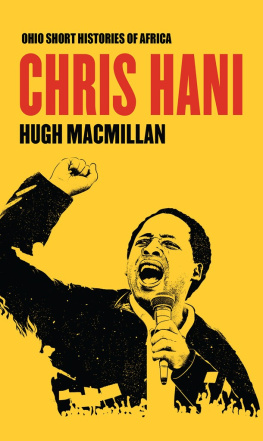

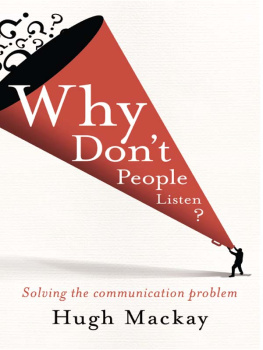
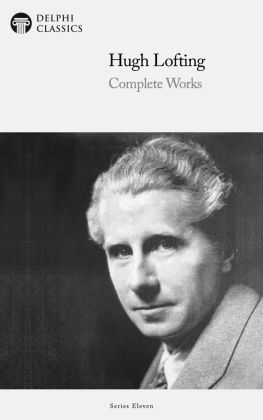
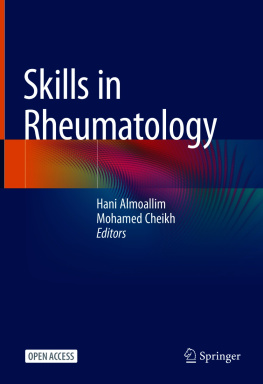
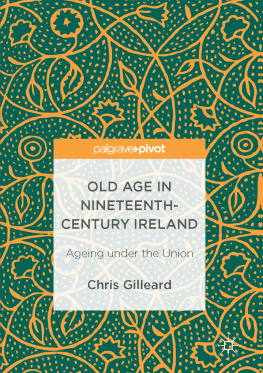


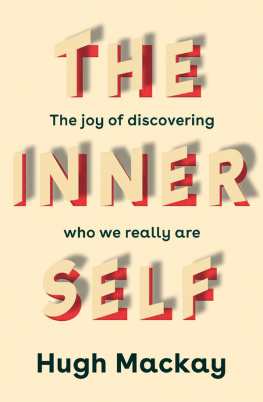
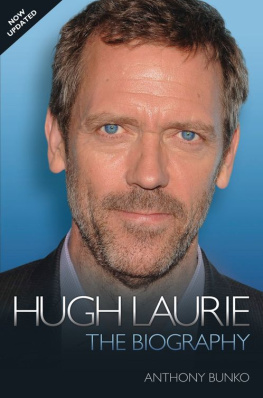
![Robert Hugh Benson [Benson - Robert Hugh Benson Collection [11 Books]](/uploads/posts/book/139831/thumbs/robert-hugh-benson-benson-robert-hugh-benson.jpg)
